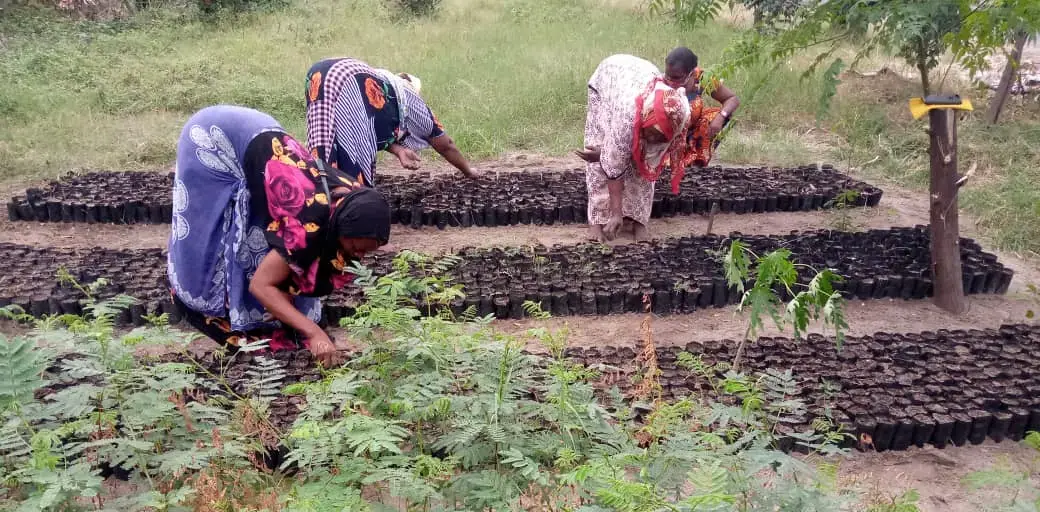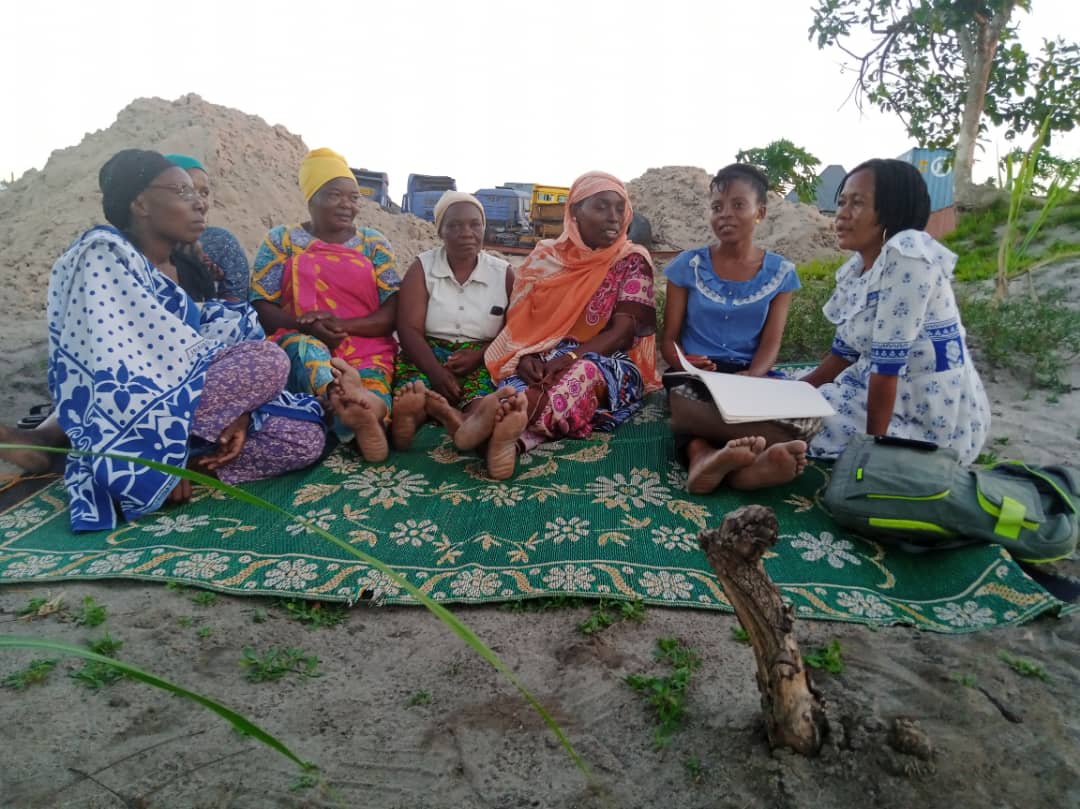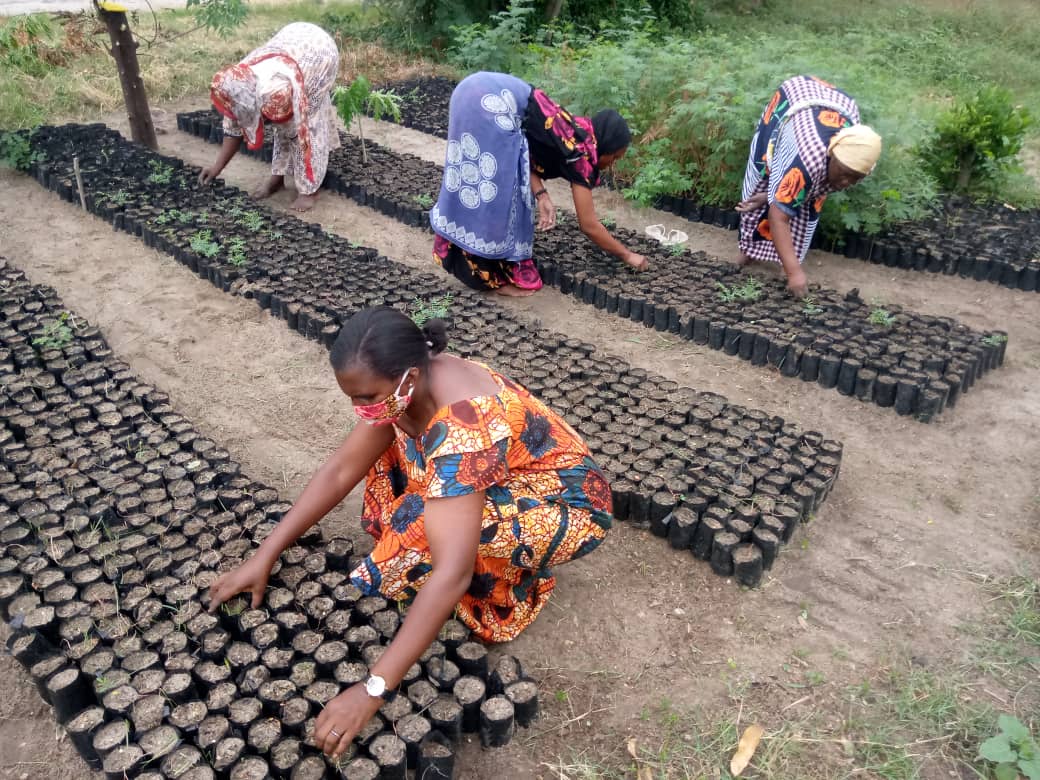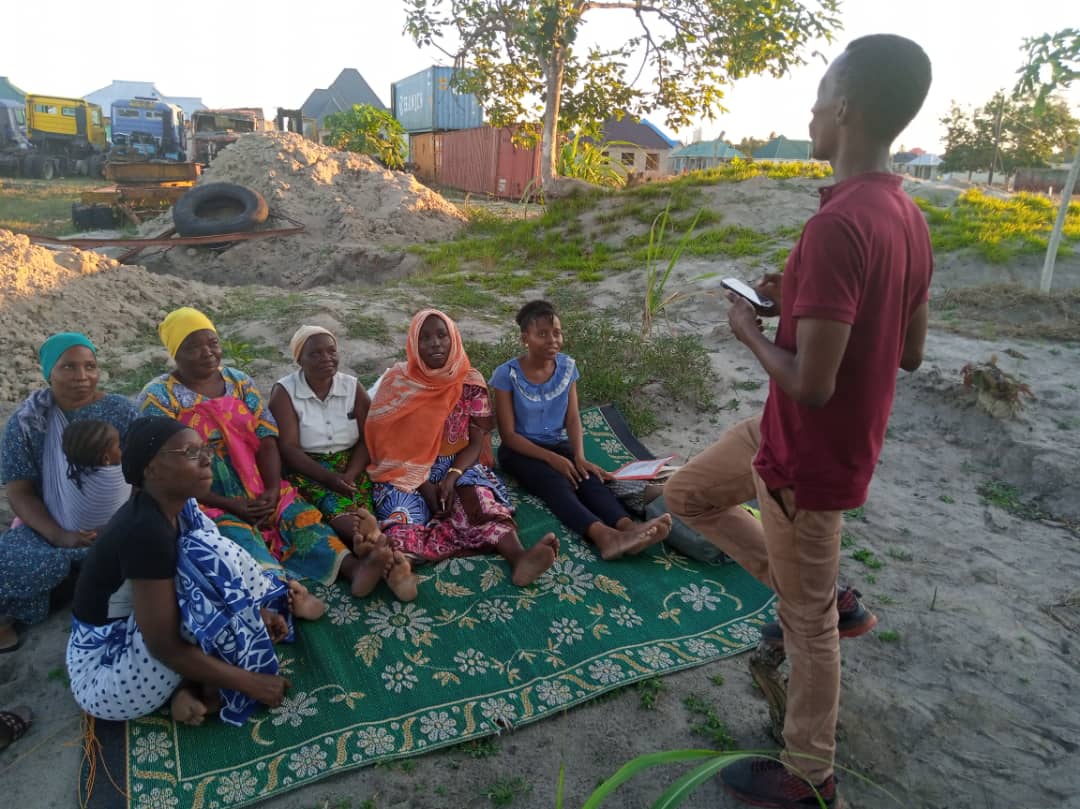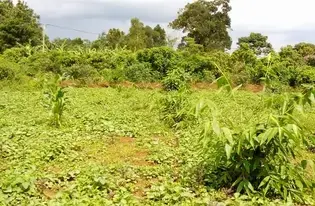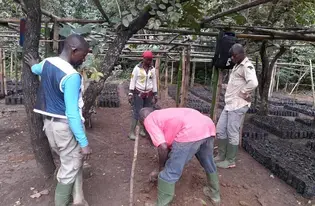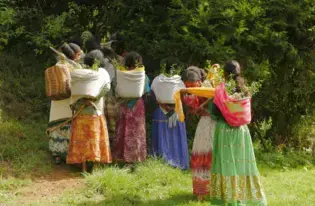Tanzania is one of the poorest countries in the world, with a per capita income of $280 USD and about half of the population living below the poverty line. The land in Mpwapwa, in the country’s Dodoma region, was once a forested sanctuary for wildlife and people. But in the past 50 years, unsustainable farming practices and the increasing demand for charcoal for cooking have degraded most of the region’s forests. The result is severe erosion, depleted water basins, and dry rivers. Yields of the local staple crops, maize, millet, and groundnuts have all declined as well, threatening the livelihoods of thousands of farmers.
To reverse that damage, the International Small Group and Tree Planting Program (TIST), in partnership with One Tree Planted, is working in Mpwapwa to empower subsistence farmers to restore 500 hectares of their land, increase soil fertility, create jobs, strengthen the local community and reduce poverty.
TIST focuses on providing long-term, positive impact for farmers and natural habitat. By growing more than 200,000 trees on farms in agroforestry systems and introducing new organic matter into the soil, OTP and TIST are helping farmers create microclimates that increase agricultural productivity. The trees also serve as windbreaks and mark farm boundaries. Planting millions of trees, including threatened and endangered species, has a direct impact on biodiversity. In the past, farmers have reported that trees help life return to their farms, including insects and birds.
Tens of thousands of increasingly diverse and verdant farms in the region are now improving the land, creating benefits for the whole landscape (and the country). Because the farmers in Mpwapwa have sequestered more than 5.5 million tons of greenhouse gases in their land, they are also accessing international carbon markets, creating another source of income for these rural communities. The two-year partnership also embraces the best of local and international expertise in agriculture and forestry to rigorously monitor the survival and growth rate of trees, ensuring that the trees stay in the ground for decades to come.
The participants are also creating benefits that aren’t easily quantified. By creating networks for information sharing at the community level, farmers are able to identify challenges and solutions that are locally appropriate to their circumstances. The project mandates gender parity at all levels of leadership. Every four months, a new leader takes over the project, alternating between a man and a woman. TST also works with community leaders to spread information about combating the HIV/AIDS epidemic, making the connection between environmental and human health.
